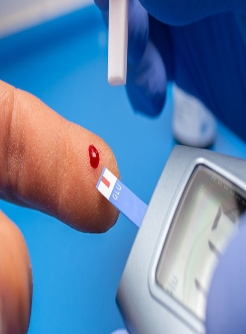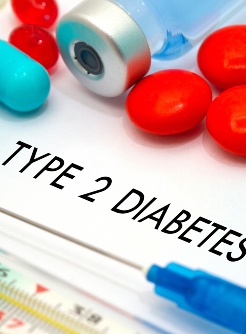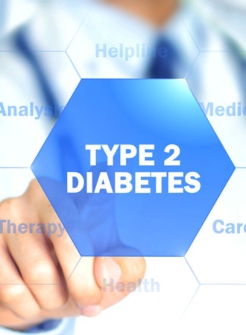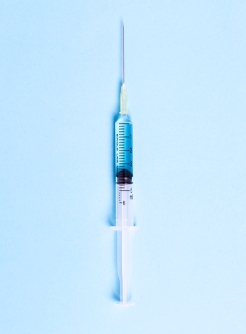Dapagliflozin Reduced New-Onset Type 2 Diabetes in Patients with Chronic Kidney Disease, Heart Failure
By Mara Shapiro, Staff Writer
March 2, 2022
According to a study recently published in The Lancet, patients with chronic kidney disease and heart failure who were given dapagliflozin had a reduced incidence of new-onset type 2 diabetes.
Diabetes is associated with increased morbidity and mortality primarily due to premature cardiovascular disease, as well as retinopathy, nephropathy, and neuropathy. Preventing diabetes is the best way to reduce these complications.
Sodium-glucose co-transporter-2 (SGLT2) inhibitors such as dapagliflozin have been shown to be well tolerated and reduce blood pressure, body weight, and albuminuria. In addition, SGLT2 inhibitors have been shown to reduce the risk of adverse cardiovascular events and improve kidney outcomes in patients with type 2 diabetes.
Using data pooled from the Dapagliflozin and Prevention of Adverse Outcomes in Chronic Kidney Disease (DAPA-CKD) and Dapagliflozin and Prevention of Adverse Outcomes in Heart Failure (DAPA-HF) phase 3 clinical trials, researchers assessed the effects of dapagliflozin on preventing type 2 diabetes in those patient populations.
Patients with no prior history of diabetes and an HbA1c of less than 6.5% were included in this pooled analysis. New-onset type 2 diabetes was defined by two consecutive HbA1c measurements above 6.5%.
A total of 4,003 patients from the DAPA-CKD trial and 2,605 from the DAPA-HF trial were included in this pooled analysis. A total of 1,995 patients received dapagliflozin during the trial and 2,008 patients received the placebo.
Over a median follow-up of 21.2 months, 126 patients out of 2,008 (6.3%) in the placebo group developed type 2 diabetes. Overall, 85 patients out of the 1,995 (4.3%) in the dapagliflozin group developed type 2 diabetes. The hazard ratio was 0.67, 95% CI: 0.51-0.88, P =0.0040.
Over 90% of the patients who went on to develop type 2 diabetes had prediabetes at baseline (with an HbA1c of between 5.7% to 6.4%).
“This prespecified exploratory analysis of pooled data from the complementary phase 3 DAPA-CKD and DAPA-HF trials, including participants with chronic kidney disease or heart failure with reduced ejection fraction without type 2 diabetes, showed that treatment with dapagliflozin reduced the incidence of new-onset type 2 diabetes, an effect that was consistent across most subgroups and similar to that observed with the most commonly used medication for diabetes prevention, metformin. The effect was seen without a change in HbA1c, which could suggest that this benefit is not merely a masking of diabetes but some fundamental effect on the pathogenesis of diabetes, perhaps improved β-cell function or enhanced insulin sensitivity. The diabetes prevention effects of SGLT2 inhibition we report should now be assessed in a broader prediabetes population, not necessarily with the comorbidities afflicting participants in the DAPA-HF and DAPA-CKD trials,” concluded Peter Rossing, MD, clinician-researcher at the University of Copenhagen in Denmark, and colleagues.
Disclosures: Some authors declared financial ties to drugmakers. See full study for details. This study was funded by AstraZeneca.































.jpg)
.jpg)





